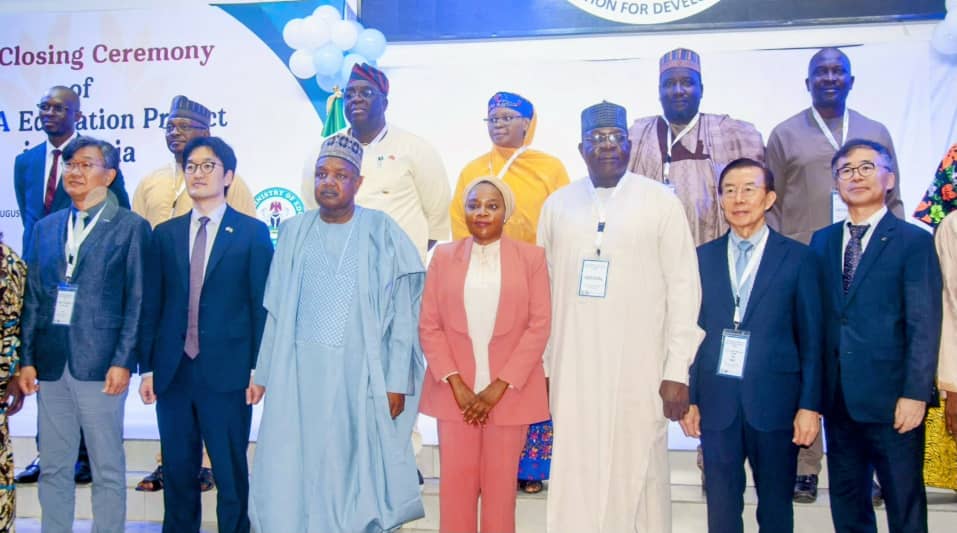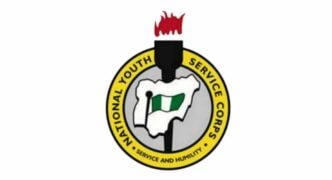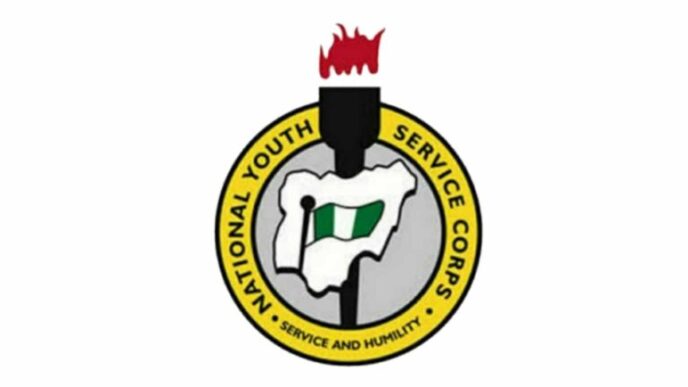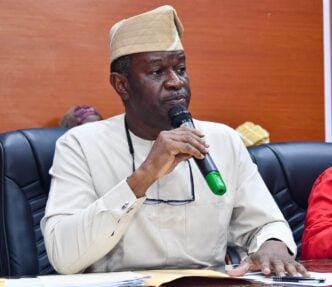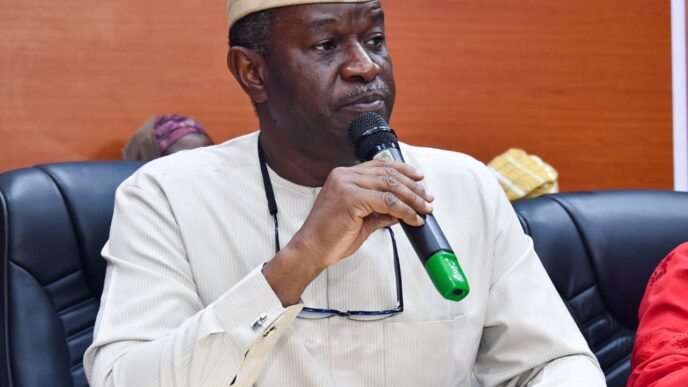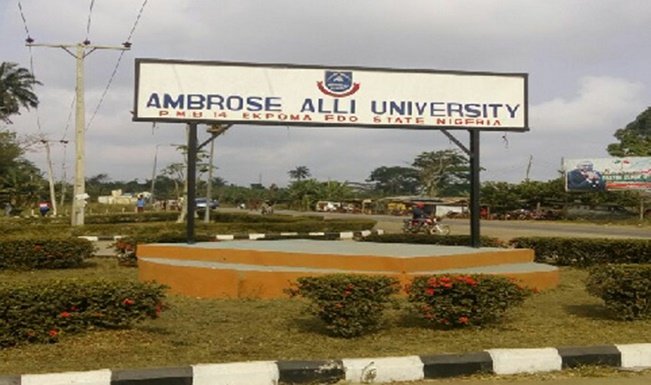Nigeria and the South Korean government have officially closed the first phase of a $10 million education project designed to improve classroom learning through digital technology across six states.
The project, funded by the Korea International Cooperation Agency (KOICA) through official development assistance, was implemented between 2021 and 2024 in partnership with the Universal Basic Education Commission (UBEC).
The initiative focused on the improvement of multimedia learning environment and capacity building for public primary and junior secondary schools in Nigeria.
At the closing ceremony held in Abuja, Abubakar Bagudu, the minister of budget and economic planning, commended the initiative, describing it as a strategic contribution to Nigeria’s education development and digital transformation goals.
Advertisement
He said the collaboration between Nigeria and South Korea had provided a model for how international partnerships could deliver tangible benefits in key social sectors.
“We thank the South Korean Government for the mutually supportive relationship between the two countries,” he said.
“What is happening here is the manifestation of our shared commitment to development and shared prosperity. We also thank you for many other projects across Nigeria.”
Advertisement
According to UBEC, the six pilot states — Bauchi, Cross River, Ekiti, Nasarawa, Kano, and the Federal Capital Territory — were chosen to host smart schools that received modern learning infrastructure, including state-of-the-art content development studios and multimedia facilities.
Teachers and school leaders were also trained in digital literacy, digital pedagogy as well as classroom technology integration as part of the project.
David Nkwa, who represented the KOICA country director, said the project was aimed at laying a foundation for sustainable digital education in Nigeria.
He noted that the success of the initiative in the pilot schools had demonstrated the potential for scaling up to reach more classrooms across the country.
Advertisement
“This project was designed to improve the quality of education in Nigeria, particularly by enhancing learning outcomes in basic education,” he said.
“From the evaluations we conducted through school comparisons, we found that students in the smart schools performed better—especially in mathematics and science—than their counterparts in conventional schools.”
He clarified that while the national curriculum remains unchanged, delivery methods were redesigned.
Dae Joon Hwang, project manager of the implementing consortium, UBION, explained that the intervention was not only about equipment supply but also about building local expertise.
Advertisement
“The content development studios and multimedia facilities were installed to provide schools with tools for producing and accessing digital learning content. Equally important, teachers were trained to acquire digital competencies that will make them more effective in the classroom,” he said.
Hwang noted that while the project was closing its first phase, the long-term goal remained the systematic transformation of Nigeria’s education sector through technology.
Advertisement
Oluwatosin Odedele, project coordinator at UBION, added that the initiative had created a framework that Nigeria could adapt and expand.
He noted that training teachers and school managers to use the facilities was central to ensuring that the project’s investments were not just hardware-based, but sustainable in practice.
Advertisement
Aisha Garba, the UBEC executive secretary, said the initiative marked a significant milestone in efforts to transform basic education through technology and innovation.
Garba highlighted key achievements of the project, including the development of Nigeria’s first smart education master plan, the training of more than 300 teachers and school leaders, the establishment of six world-class content development studios (CDS), and the creation of nearly 4,000 digital learning materials in mathematics and science.
Advertisement
She noted that these milestones align with UBEC’s broader rollout of 37 UBE Model Smart Schools across the federation.
According to her, the progress represents more than reform but the beginning of “a new era of access, inclusion, and impact”.
She reaffirmed UBEC’s determination to expand on the successes of the project, pledging that the commission would ensure every child benefits from digital learning opportunities.
